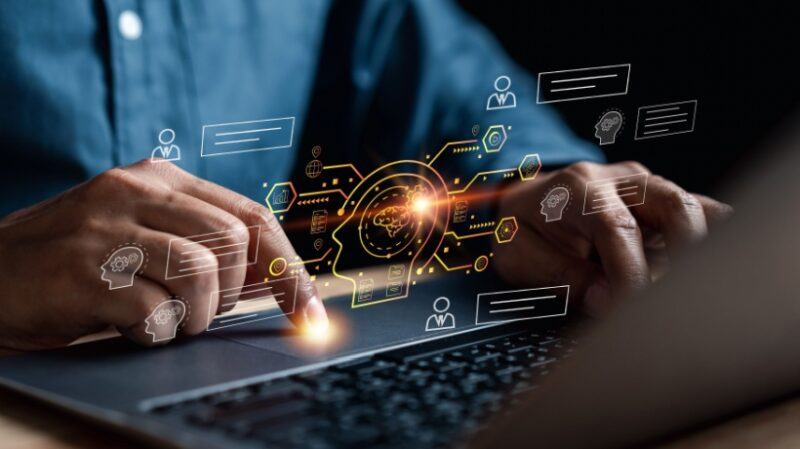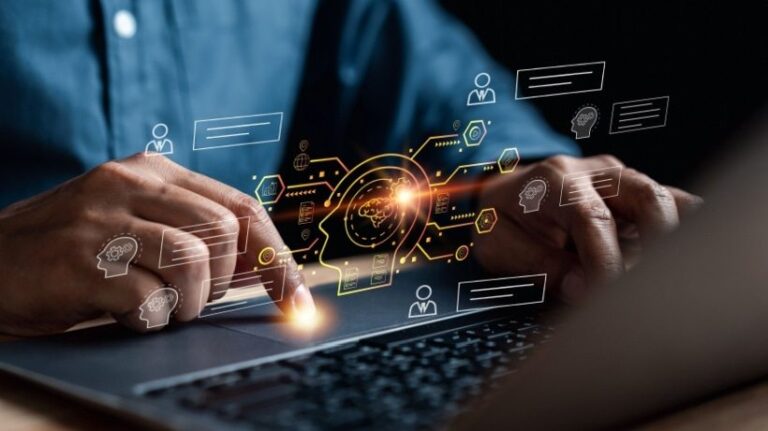
Generation AI transforms LMS learning
Generated Artificial Intelligence (AI) guides our learning and education processes towards deep transformation. Generator AI is beginning to be used in distance education systems. The Learning Management System (LMSS) is rapidly implementing this transformation. Let’s discuss what changes when using generated AI within an LMS platform.
Smart Learning Assistant is here!
Within the LMS, students can access information via smart learning assistants, available 24/7. These tools can be used in a variety of fields, from practicing conversations in foreign language courses to solving complex mathematics problems. These tools can provide the guidance students need. They can provide both technical/technical and educational support within the LMS. This is a level of support that was previously rarely available in such systems.
Sponsored content – Article continues below
Trend Learning Management System (LMS)
Interactive and gaming learning opportunities
Generation AI allows students to engage more interactively within the LMS. Research shows that students who interact actively and effectively within the LMS achieve a higher success rate. Spending more time on LMS also improves student achievement. New AI applications and practical solutions allow you to effectively integrate gamification elements into your LMS. Gamification can make student learning more lasting and engaging.
Important support for educators
Whether or not they have previously used LMS, educators can effectively utilize LMS with AI tools support. Using these AI tools while using LMS features helps students spend more productive time within the system. Using generated AI in LMS, learning analytics can be used much more efficiently and effectively by educators. Analyses such as identifying which students face learning challenges, which learning materials are effective, and less reading of lesson videos can increase the efficiency of educators within the LMS.
Generated AI not only allows teachers to quickly create lesson materials, but also provides great opportunities for long-term integration into LMS. Teachers can quickly prepare SCORM packages for lessons using suggestions provided by generative AI tools.
Migration to a multicultural ecosystem
Generation AI tools act as important facilitators within the LMS of students speaking different languages. Customizing course content for different languages, cultures and student groups is an important step to promoting inclusion in education. For example, course materials can be automatically adapted to the student’s native language and cultural context, making learning more accessible and meaningful, especially in environments with international students groups. Furthermore, advances in real-time translation technology allow students to communicate and interact quickly with peers from various language backgrounds.
This feature promotes the multicultural learning ecosystem within the LMS platform, allowing students to collaborate in a global environment. For example, group projects allow students from different countries to overcome language barriers and tackle shared goals. This not only eliminates language barriers, but also creates a rich learning environment through cultural diversity, promoting cross-cultural collaboration and understanding.
Enrich your personalized learning experience
Within the LMS, the Generated AI can create customized learning pathways based on the individual needs of the students, previous learning experiences, learning styles, and past academic achievements. This allows each student to advance at his or her own pace, in a way that suits his or her preferences, through the LMS platform. For example, students who prefer visual learning may receive more infographics and video content, while reading-oriented students can provide text-based material.
Generator AI can design simple and rapid evaluation tests to identify knowledge gaps. Based on the results, you can identify areas where students will provide hard-working personalized study materials and guided recommendations. For example, students facing algebra challenges in mathematics courses may be provided with AI-generated supplemental exercises or explanatory videos. This approach helps students quickly address weaknesses while increasing their learning motivation.
Integrating generative AI into LMS preserves the potential for greater efficiency, effective, personalised learning processes and revolutionizing education. These technologies allow students to fully realize their potential and make education more equitable and accessible.
Conclusion
In summary, the use of a generator AI application within an LMS provides great opportunities for both students and teachers. This technology presents an unprecedented opportunity for digital transformation in the history of education. Benefits such as a customized learning experience for students and more efficient content creation for teachers can fundamentally restructure the educational process. To seize this opportunity, you need to quickly and effectively integrate your generation AI tools into your LMS platform. Technical integration in this direction is extremely important to improve the quality of education and create a more inclusive and accessible learning environment.


